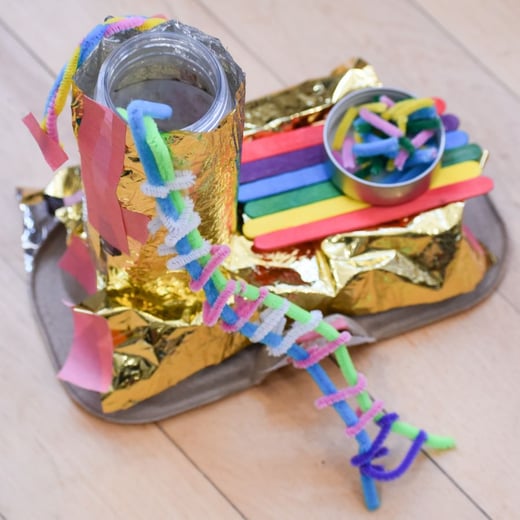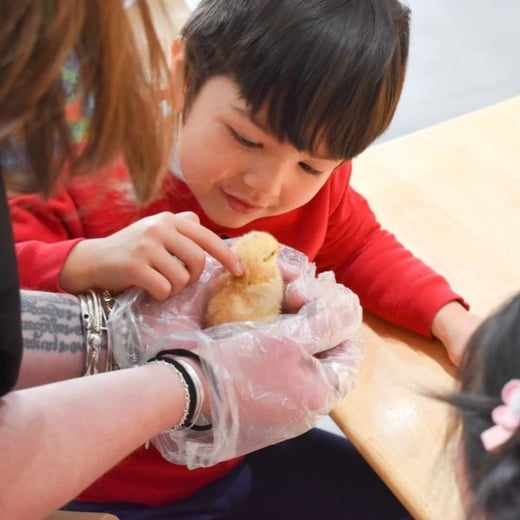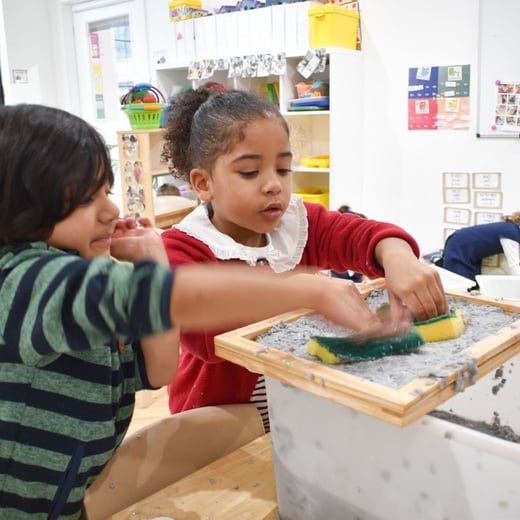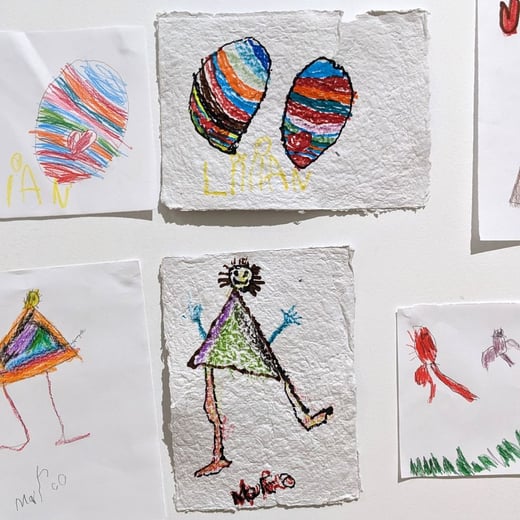Weaving Sustainability into Education: Tessa International School Earns EFE3D Level 1 Certification
We are thrilled to announce that our school has achieved the EFE3D (Établissement Français à l’Étranger en Démarche de Développement Durable) Level 1 certification! This distinction recognizes our ongoing commitment to integrating sustainable development goals and practices into our educational approach.
Here’s a glimpse into how we have embraced sustainable development and the initiatives that earned us this certification.
Cultivating a Culture of Sustainability:
At Tessa, sustainability is a community effort. We have a dedicated Green Committee that initiates impactful projects such as our comprehensive recycling and composting programs. Right in the middle of our school, there’s a tower garden where students can learn about plants, animals, and how to garden without hurting the environment. Hands-on experiences complement classroom learning, where subjects like dental hygiene and healthy eating are addressed through engaging activities.
Our School Tower Garden
Students Earth Artwork. “Little hands can change the world”!
Weaving Green Initiatives into the Curriculum
Sustainability is not just an afterthought at Tessa. We actively integrate green initiatives across the curriculum, fostering environmental awareness from a young age. Here are some examples from this year:
- Primary Students and the Water Cycle: Students learned about the water cycle, understanding the importance of water conservation and responsible waste disposal.
- Preschool Waste Collection and Upcycling: PK classes participated in clean-up initiatives on the school plaza, instilling a sense of responsibility for their environment. Additionally, some classrooms learned how to reuse materials, transforming them into valuable resources or creative art projects.
- Nursery Birdhouse Creation: Even our youngest learners get involved! Nursery classes designed and built birdhouses, promoting an appreciation for wildlife and habitat creation.
This is just a glimpse of how we integrate sustainability into our curriculum. We are constantly developing new and innovative ways to engage students in environmental stewardship.
Water Cycle Primary Science Class
Pre-K4 Students Reusing Scrap Paper
Fostering Well-Rounded Global Citizens
At Tessa, we believe that sustainability goes beyond environmental responsibility. We cultivate well-rounded global citizens who embody the values and attributes of the International Baccalaureate (IB) Learner Profile.
- Promoting Civic Responsibility: Citizenship education emphasizes respect, cooperation, and cultural awareness, encouraging students to actively engage in community projects. Additionally, we cultivate an eco-conscious mindset through environmental education initiatives. These practices nurture the IB Learner Profile traits of open-mindedness, care, and being knowledgeable, encouraging students to understand diverse perspectives, act with compassion, and apply their knowledge to solve real-world problems.
- Encouraging Energy Conservation: Students are educated on the importance of energy conservation, promoting habits like turning off lights when not in use. This fosters thinkers who can analyze information and make responsible choices for the environment. It also cultivates informed citizens who understand the consequences of their actions.
Empowering Student Sustainability Leaders:
We believe in empowering our students to be responsible citizens. Our student council, in collaboration with the NGO “Pass the Bricks,” recently organized a Lego collection drive, promoting plastic waste reduction and global recycling efforts. Additionally, the annual food drive, led by our parent organization, fosters a spirit of community and social responsibility.
Student Council Lego Drive
Building Partnerships for a Sustainable Future:
Recognizing the importance of ongoing education and collaboration, Tessa actively seeks partnerships with local organizations. Working with the Community Compost Company and the North Hudson Sewerage Authority has provided valuable learning experiences for students and staff, demonstrating practical applications of sustainable practices.
Looking Ahead: Deepening Our Commitment
The EFE3D Level 1 certification is just the first step on our sustainability journey. As our school grows, we plan to expand our initiatives. This can include introducing student eco-delegates who will champion sustainability efforts within the higher grades. We’re also committed to deepening our engagement with the local community, leveraging partnerships to further our environmental and social goals.
Together, we are not only educating the future leaders of tomorrow, but also instilling in them the values and practices necessary for a sustainable world!
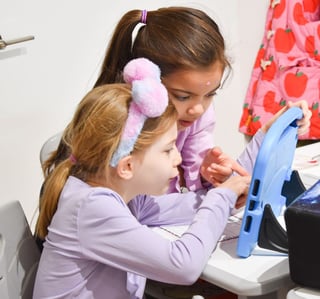
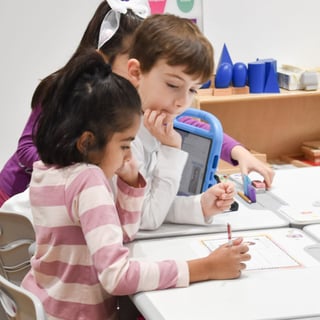
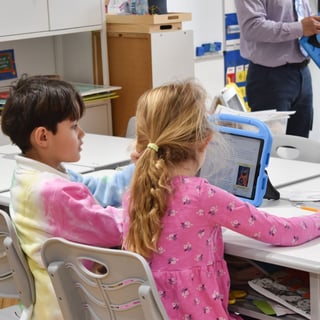
.jpg?upscale=true&width=520&upscale=true&name=IMG_2013%20(1).jpg) jjj
jjj.jpg?upscale=true&width=520&upscale=true&name=IMG_2002%20(1).jpg)
-1.jpg?upscale=true&width=320&upscale=true&name=unnamed%20(1)-1.jpg)

